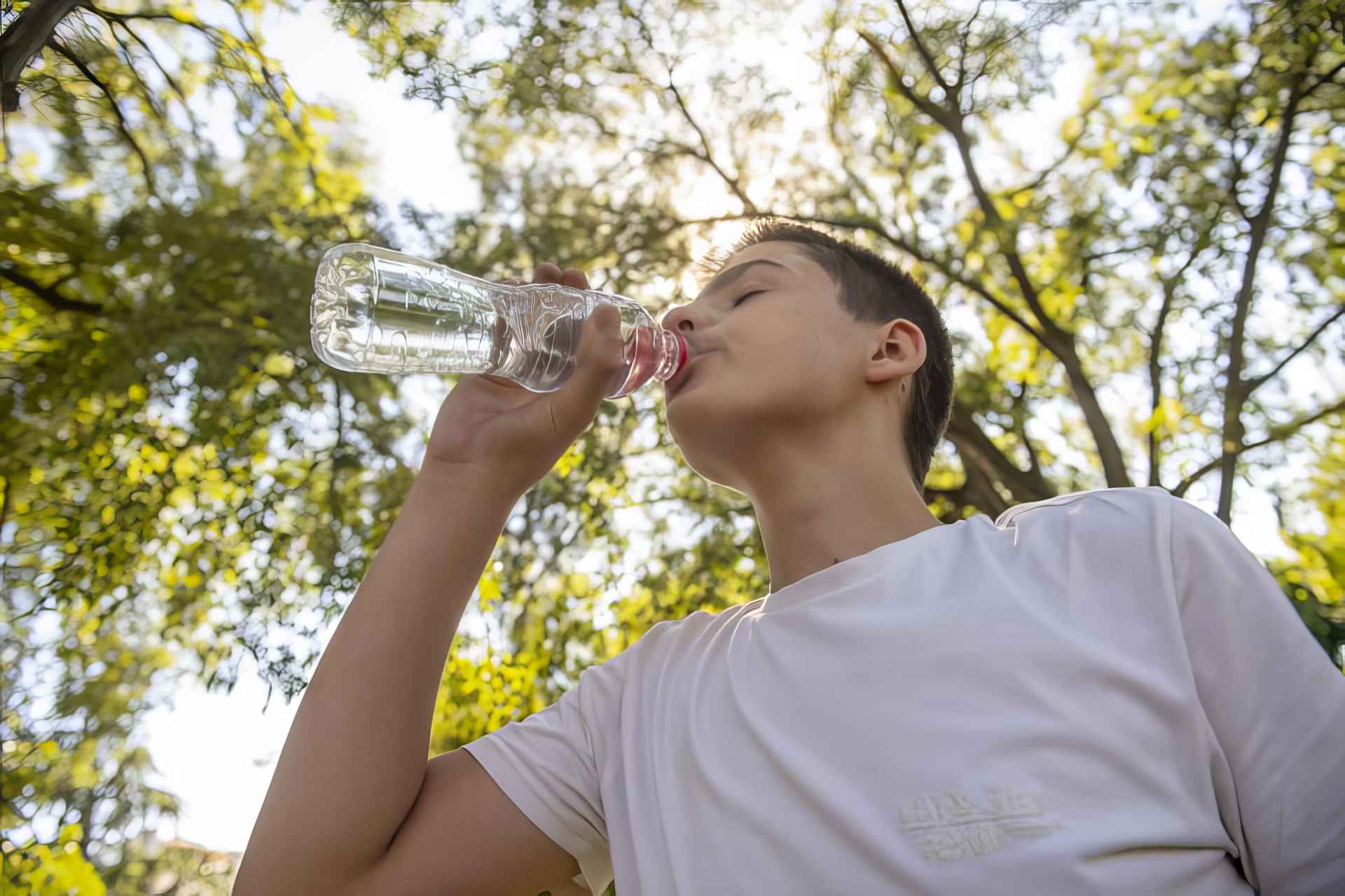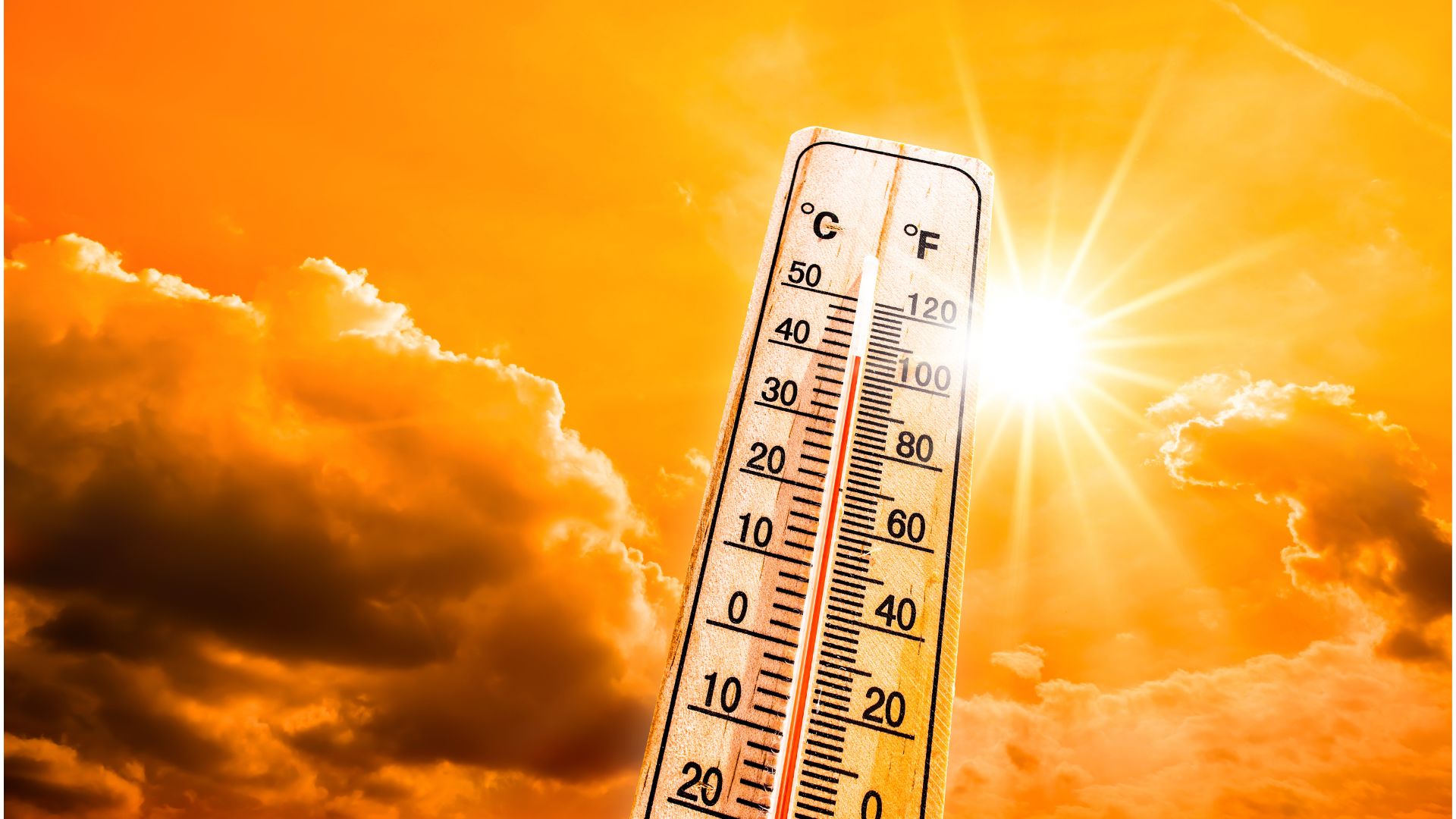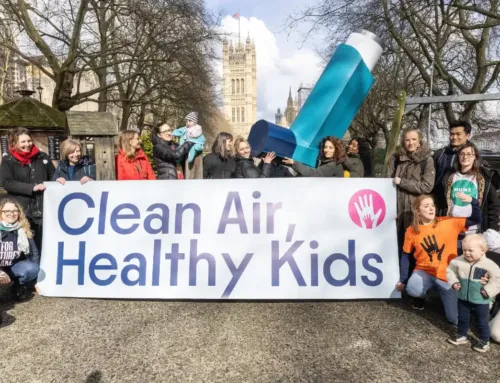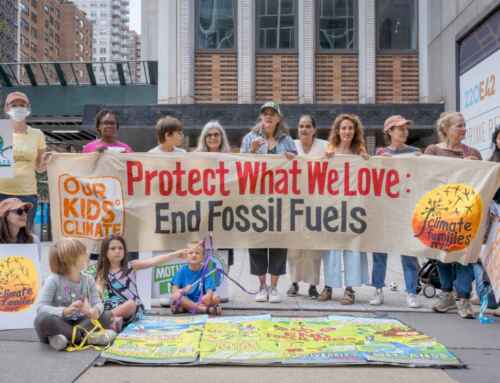PRESS RELEASES
Feeling the Heat – How heatwaves are affecting the world’s children
This media brief looks at the impact of heatwaves on the world’s children. It has been compiled by Our Kids’ Climate, a network of parent-led, family focused climate groups and leaders from across the globe, based on available research and drawing on the experiences of parents. As parents and caregivers, we are deeply worried about how children are being affected by heat worldwide and are concerned about what rising temperatures could mean for the world’s children and future generations.
Impacts on children’s health
According to UNICEF, approximately 559 million children are currently exposed to frequent heatwaves, with this number expected to surge to 2.02 billion worldwide by 2050, which would be virtually all children on earth.
Children in northern regions, especially in Europe, will face the most dramatic increases in severe heatwaves. This year has seen 1 in 2 children in Europe and Central Asia exposed to record breaking heat waves. Each year, Africa already experiences a significant number of heat-related child deaths, ranging from 12,000 to 19,000. This figure could potentially double by 2050 under a business-as-usual scenario.
As children undergo the crucial stages of growth and development, their physiological limitations make it difficult for their bodies to regulate temperature as efficiently as adults, so they need adult assistance to safeguard against overheating. Newborns and infants are particularly vulnerable, facing increased risks of illness and mortality caused by excessive heat.
Children born in 2020 are expected to face nearly seven times more scorching heatwaves and twice as many wildfires as their grandparents did.
Parents on the impact of heat on children:
“The heatwaves we’ve had this year have meant that children are spending much more time indoors. It’s only bearable outside if we’re in the middle of a forest or a park, walking in the streets is increasingly unbearable, the air seems thicker, which means people use more cars which contributes to more pollution.
The heat has meant that children stop playing with other children at the park, the climbing frames are too hot to touch, the fountains are closed because of the water shortage. They laugh less and spend all day sheltering under a roof, with air conditioning on, which contributes to more global warming. The heat makes you want to stay still and not have other people close: it isolates you from family and friends.”
Paulina Seguí, mother with Zurciendo el Planeta, Mexico City, Mexico
______________
“Having grown up myself in the northeastern United States back in the 1980s and ’90s, summer would always be a time of joyful outdoor play and gatherings with family and friends. This summer in Austin, Texas, with temperatures hovering around a seemingly endless 105 degrees F (40.5°C) and the air outside oppressive even at night, we spend much of the time inside. There’s such a disconnect between the summer freedom and memory-making I want to pass down to my 8-year-old and the reality of a more isolated, indoor summer for my child.”
Eileen McGinnis, mother with Parents Climate Community, Austin, Texas, USA
______________
Read the full media brief here:






